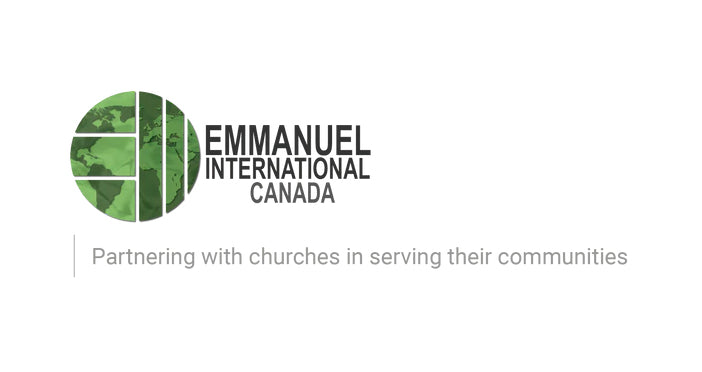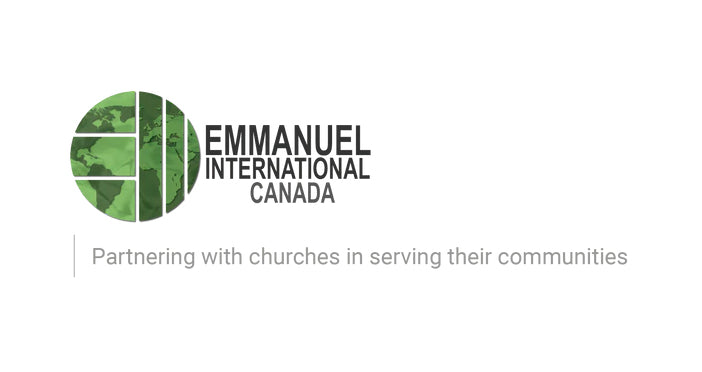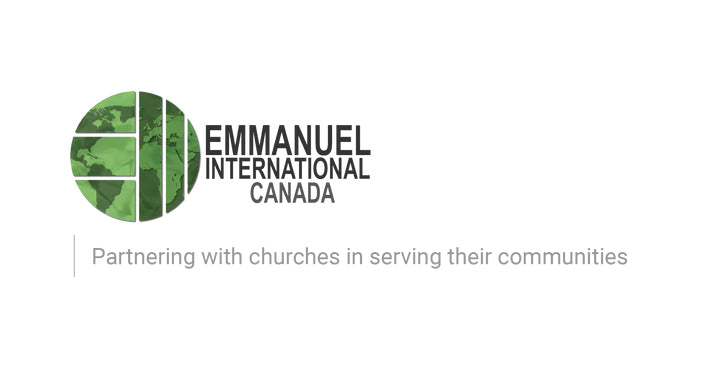Lin’s O’Connor EIC News Desk
Mother’s Day is a day to show our appreciation towards our mothers in Canada and worldwide on May 14th.
Early Mother's Day celebrations can be dated back to the spring celebrations to honor Rhea, the Mother of the Gods, in ancient Greek civilization, according to some sources. Later, Mothering Sunday in the United Kingdom was traditionally a day for people to visit the church where they were baptized, although it now also celebrates motherhood in modern times.
The modern-day origins of Mother's Day can be attributed to two women – Julia Ward Howe and Anna Jarvis, who were important in establishing the tradition in the United States. Around 1870, Julia Ward Howe called for Mother's Day to be celebrated each year. It continued to be held in Boston for about 10 years under her sponsorship, but died out after that. Other sources say that Juliet Calhoun Blakely initiated Mother’s Day in Albion, Michigan, in the late 1800s. Her sons paid tribute to her each year and urged others to honour their mothers.
In 1907, Anna Jarvis held a private Mother's Day celebration in memory of her mother, Ann Jarvis, in Grafton, West Virginia. In 1908, she played a key role in arranging a church service that attracted 407 children and their mothers. A Mother’s Day International Association was founded in 1912 to promote the holiday in other countries. Mother’s Day has grown increasingly popular since then.
Mothers play a critical role in the family, which is a powerful force for social cohesion and integration. The mother-child relationship is vital for the healthy development of children. And mothers are not only caregivers; they are also breadwinners for their families. Yet women continue to face major ‑‑ and even life-threatening ‑‑ challenges in motherhood in the developing world.
Improving maternal health is the Millennium Development Goal on which the least progress has been made. A woman in a least-developed country is 300 times more likely to die in childbirth or from pregnancy-related complications than a woman in a developed country. We must make pregnancy and childbirth safer by enabling health systems to provide family planning, skilled attendance at birth and emergency obstetric care.
While Canada has been blessed with little to no anxiety over childbirth, this is not the case within many developing countries such as Malawi. According to WHO, every day around 830 women worldwide succumb to preventable complications following their pregnancy or childbirth. Infections, bleeding and other threats during the birthing process are among the leading causes of maternal death; 99% of which occur in developing countries. Whether it is because of poverty, distance, low level of knowledge or inadequate services, mothers and children are needlessly suffering, and it is EICs promise to help.
Educating men, women and the youth about the many ways in which they can improve and maintain maternal health is among the first steps to save countless lives. As more communities become aware of the opportunities and necessity for a project like PROMISE, more lives can be saved. Our target areas experience a low level of knowledge of the safest, most hygienic and healthiest ways to care for a baby. In fact, many do not realize that there are safer methods available to them! Because of this, the country experiences a lack of skilled workers, infrastructure and transport in regards to maternal and child health. The need is evidently great; there are many women and children who need this kind of promise.
And so, in light of this, EIC takes on this PROMISE project towards greater maternal health. Our hopes and prayers stay with all those in Malawi and Canada who are involved with the teaching and implementation of this project, as well as the thousands of recipients. The need to lower the devastating statistics regarding poor maternal health is great, and PROMISE is a vow to do all that is possible to help preserve that precious life. As we see it, this is a promise worth keeping for all mothers.
Mother’s Day is a day to show our appreciation towards our mothers in Canada and worldwide on May 14th.
Early Mother's Day celebrations can be dated back to the spring celebrations to honor Rhea, the Mother of the Gods, in ancient Greek civilization, according to some sources. Later, Mothering Sunday in the United Kingdom was traditionally a day for people to visit the church where they were baptized, although it now also celebrates motherhood in modern times.
The modern-day origins of Mother's Day can be attributed to two women – Julia Ward Howe and Anna Jarvis, who were important in establishing the tradition in the United States. Around 1870, Julia Ward Howe called for Mother's Day to be celebrated each year. It continued to be held in Boston for about 10 years under her sponsorship, but died out after that. Other sources say that Juliet Calhoun Blakely initiated Mother’s Day in Albion, Michigan, in the late 1800s. Her sons paid tribute to her each year and urged others to honour their mothers.
In 1907, Anna Jarvis held a private Mother's Day celebration in memory of her mother, Ann Jarvis, in Grafton, West Virginia. In 1908, she played a key role in arranging a church service that attracted 407 children and their mothers. A Mother’s Day International Association was founded in 1912 to promote the holiday in other countries. Mother’s Day has grown increasingly popular since then.
Mothers play a critical role in the family, which is a powerful force for social cohesion and integration. The mother-child relationship is vital for the healthy development of children. And mothers are not only caregivers; they are also breadwinners for their families. Yet women continue to face major ‑‑ and even life-threatening ‑‑ challenges in motherhood in the developing world.
Improving maternal health is the Millennium Development Goal on which the least progress has been made. A woman in a least-developed country is 300 times more likely to die in childbirth or from pregnancy-related complications than a woman in a developed country. We must make pregnancy and childbirth safer by enabling health systems to provide family planning, skilled attendance at birth and emergency obstetric care.
While Canada has been blessed with little to no anxiety over childbirth, this is not the case within many developing countries such as Malawi. According to WHO, every day around 830 women worldwide succumb to preventable complications following their pregnancy or childbirth. Infections, bleeding and other threats during the birthing process are among the leading causes of maternal death; 99% of which occur in developing countries. Whether it is because of poverty, distance, low level of knowledge or inadequate services, mothers and children are needlessly suffering, and it is EICs promise to help.
Educating men, women and the youth about the many ways in which they can improve and maintain maternal health is among the first steps to save countless lives. As more communities become aware of the opportunities and necessity for a project like PROMISE, more lives can be saved. Our target areas experience a low level of knowledge of the safest, most hygienic and healthiest ways to care for a baby. In fact, many do not realize that there are safer methods available to them! Because of this, the country experiences a lack of skilled workers, infrastructure and transport in regards to maternal and child health. The need is evidently great; there are many women and children who need this kind of promise.
And so, in light of this, EIC takes on this PROMISE project towards greater maternal health. Our hopes and prayers stay with all those in Malawi and Canada who are involved with the teaching and implementation of this project, as well as the thousands of recipients. The need to lower the devastating statistics regarding poor maternal health is great, and PROMISE is a vow to do all that is possible to help preserve that precious life. As we see it, this is a promise worth keeping for all mothers.




Leave a comment
This site is protected by hCaptcha and the hCaptcha Privacy Policy and Terms of Service apply.